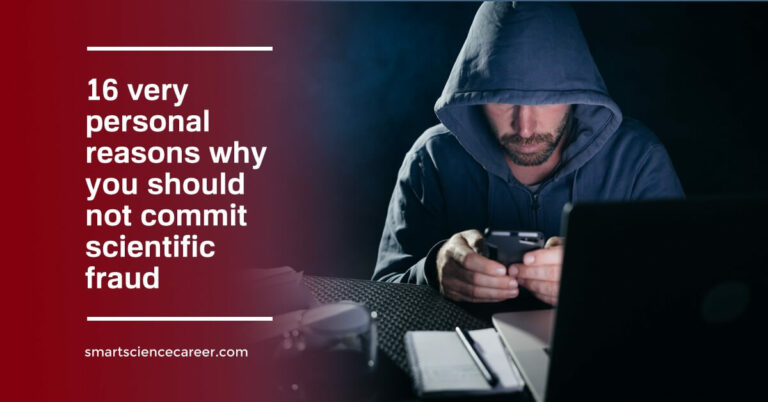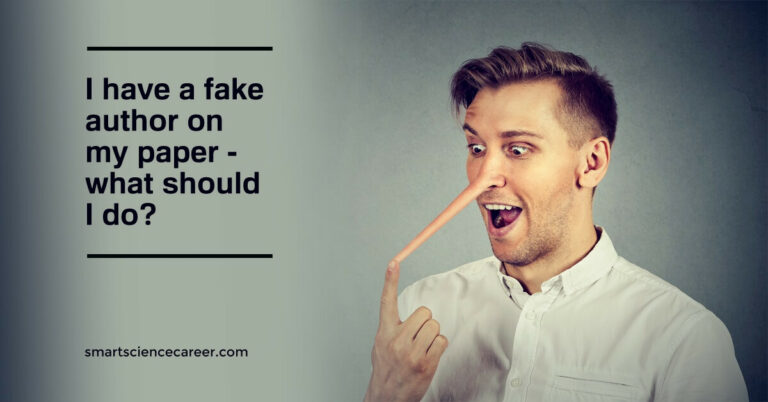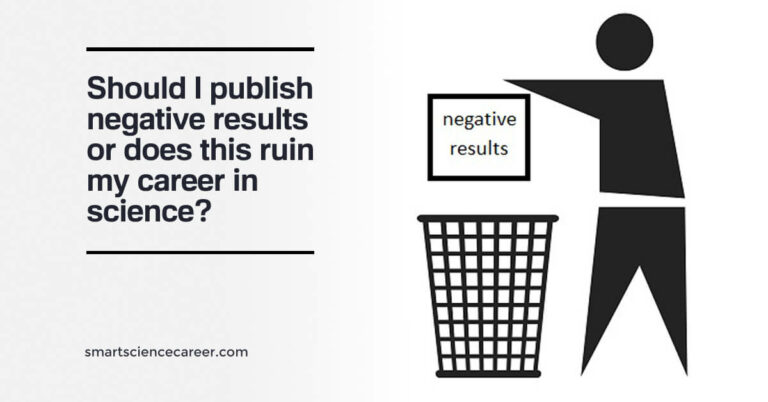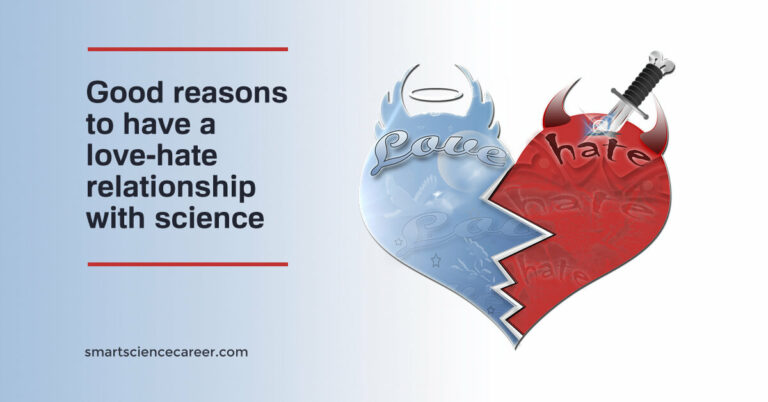16 very personal reasons not to commit scientific fraud
We all know that scientific fraud is bad for science and society in general. However, apart from these general considerations, it is necessary and effective to make young scientists aware that scientific misconduct ruins their personal integrity and destroys their careers. The following 16 personal reasons will convince most young scientists that scientific misconduct is a bad idea.




